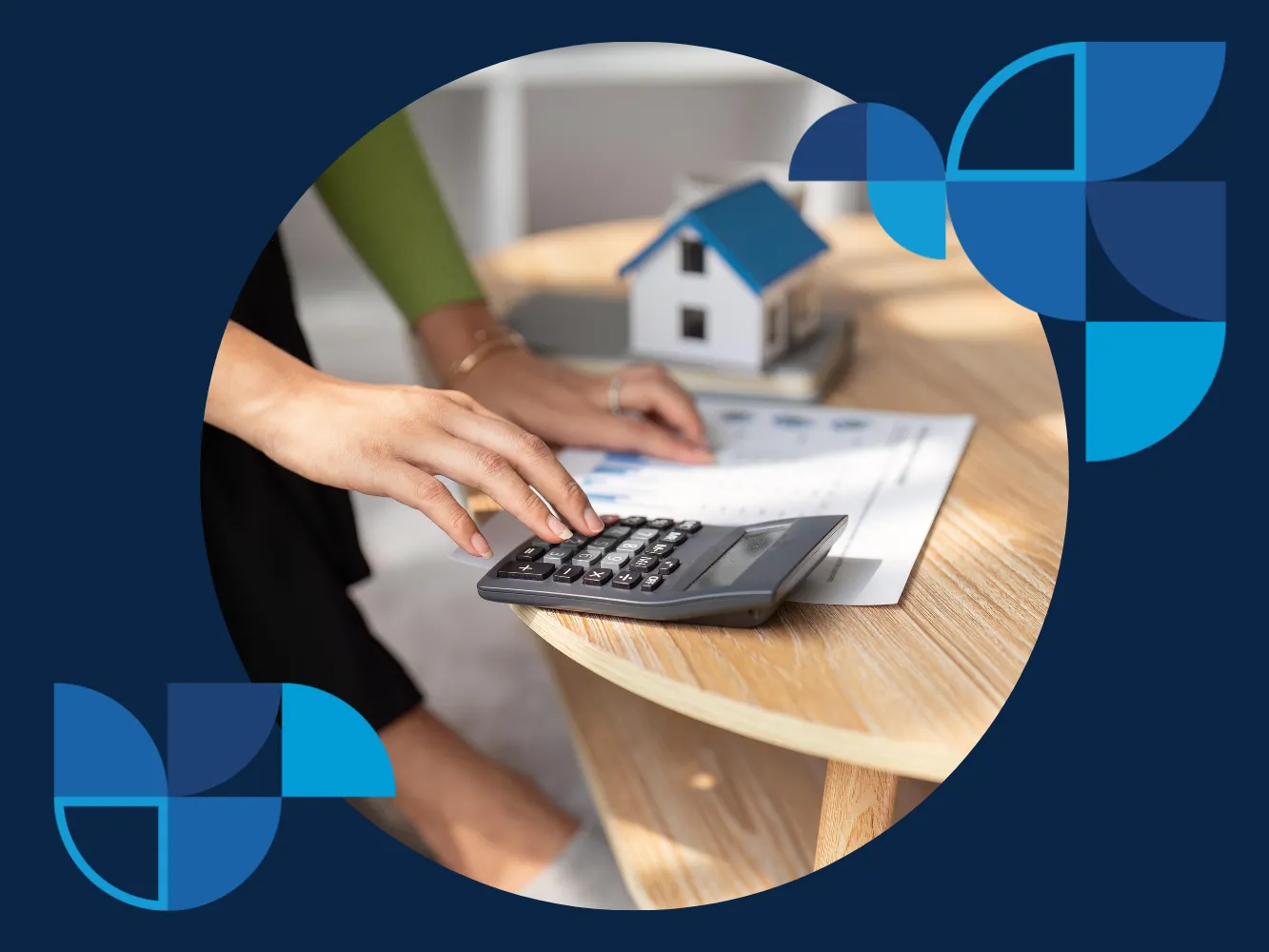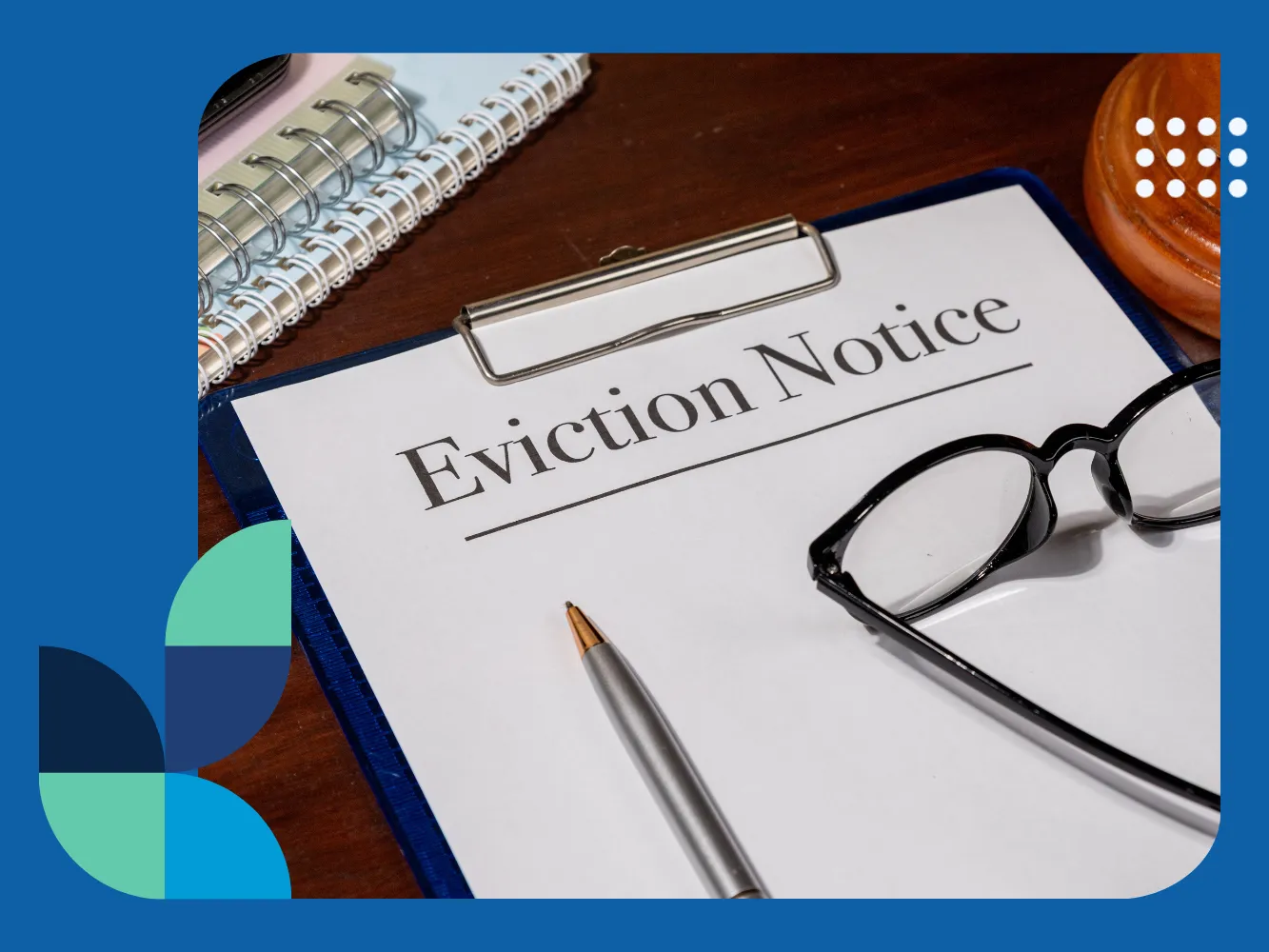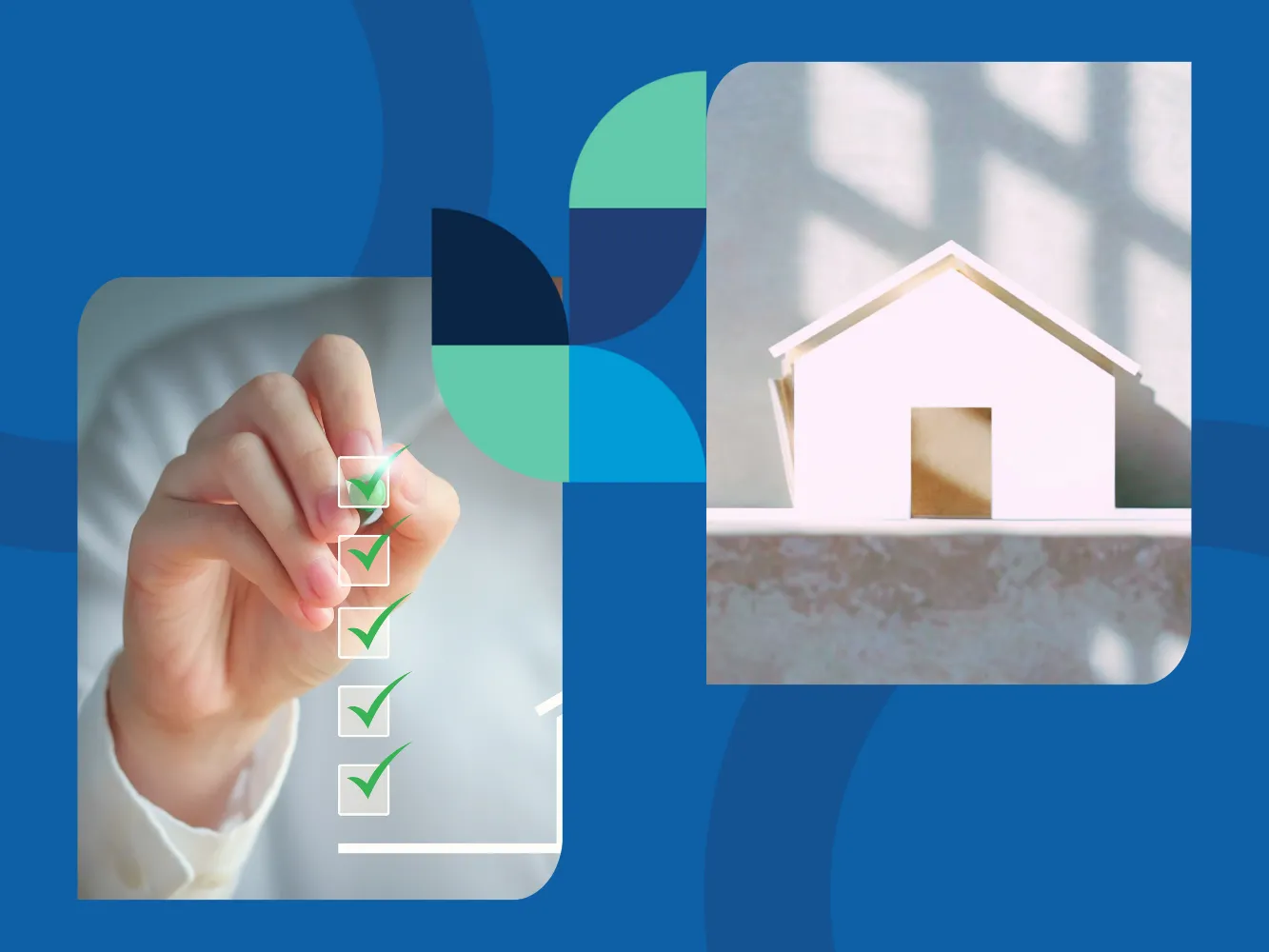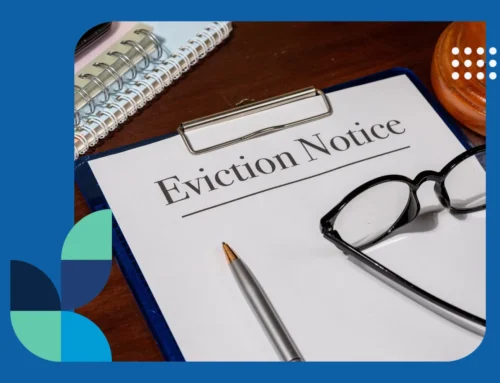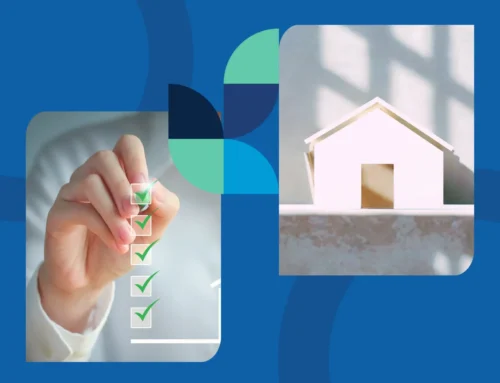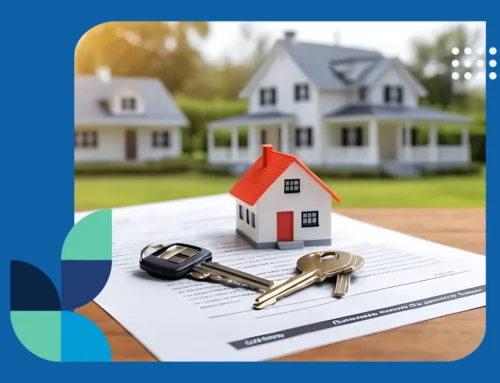Taking the DIY approach without proper guidance can lead to costly missteps, which is why learning how to manage a rental property yourself—correctly and confidently—is critical to protecting your investment.
Whether you’re managing one unit or five, doing it yourself gives you more control, more margin, and a deeper understanding of your investment.
But it’s not a hands-off role. Managing a rental property yourself means you’re stepping into every aspect of the operation, including leases, maintenance, screening, compliance, and communication. If that sounds overwhelming, don’t worry—we’re going to walk through every piece of the puzzle so you can do it with confidence.
Know What You’re Signing Up For
Let’s be honest—DIY landlording isn’t just about collecting rent. It’s about making decisions, solving problems, and remaining composed both legally and emotionally when things don’t go as planned.
You’ll need to:
-
Handle communication, rent collection, and repairs
-
Understand local housing laws and safety standards
-
Enforce the lease fairly and consistently
-
Stay calm during resident disputes or emergencies
You’ll also find yourself playing mediator more often than you’d think—between residents and neighbors or even between co-residents who stop seeing eye-to-eye. Having a process for escalating issues and sticking to written communication can protect you when tensions rise.
If you’ve got the time, the systems, and the mindset, it’s completely doable—and it can be incredibly rewarding. But you need to be ready.
Set the Foundation
Before listing the property, you need to get three things right: your lease, pricing, and legal setup.
Start with the lease. Don’t use a generic template. Use a state-specific version that clearly spells out rent terms, late fees, maintenance responsibilities, guest and pet policies, and how you’ll handle violations. A good lease prevents arguments before they start.
If you’re renting out a single-family home, don’t forget to clarify who’s responsible for lawn care and pest control. These small responsibilities often get overlooked and become gray areas during the lease term.
Next, set your rent based on local comps—but adjust for your unit’s condition and amenities. Consider the similar properties that are charging, then factor in your location, finishes, and any upgrades.
Finally, check your city or county’s landlord registration rules. Some require you to register the property before leasing. And don’t forget insurance—homeowners insurance won’t cover rental risks. You’ll need a landlord policy that includes coverage for property damage, liability, and lost rent.
Market the Property Like a Pro
If your listing doesn’t stand out, it won’t fill. Clean, bright, well-composed photos are non-negotiable. Showcase the kitchen, bathrooms, and main living areas, and always shoot in landscape.
Keep your headline specific: “2BR Home with Yard in Midtown – $1,850” beats “Great Rental!” every time.
In your description, answer resident questions before they ask. Mention square footage, layout, appliances, parking, pet policy, and proximity to transit or schools. Then, post to Zillow, Apartments.com, Facebook Marketplace, and any relevant local platforms.
Have your screening criteria ready—income, credit score, eviction history, pet policy—so you’re not making decisions on the fly. Pre-screening saves everyone time and ensures a fair process.
Screen Smarter, Not Just Harder
This is where good property management starts. A strong resident makes everything easier. A bad one? They’ll cost you time, money, and possibly your sanity.
Require a complete application, including:
-
Proof of income
-
Employer information
-
Rental history with landlord contacts
-
Government-issued ID
Then, run a background and credit check. Look for a stable income, a pattern of on-time payments, and no recent evictions. But don’t stop there—call their previous landlord. Ask if rent was paid on time, if the property was maintained, and if they’d rent to them again.
When calling previous landlords, be aware that some may sugarcoat a bad resident to get them off their hands. If the tone is vague or the answers feel rehearsed, that’s often a red flag. Trust your gut—but only after you’ve verified the facts.
Consistency is critical. Apply the same screening standards to every applicant to prevent discrimination claims and maintain professional integrity.
Handle Move-In With Intention
Move-in day isn’t just about keys—it sets the tone for the entire tenancy.
Do a detailed walkthrough with the resident. Use a checklist. Take photos. Document every scuff and scratch. Then, walk through the lease together so there are no surprises later.
If your property has quirks—such as a tricky door lock or a heating system with a learning curve—be sure to explain them during the walkthrough. Residents often appreciate these details and are less likely to call you about issues that aren’t really problems.
Collect the full deposit and first month’s rent before handing over the keys. Send a welcome letter with your contact information, trash day schedule, instructions on how to submit maintenance requests, and any relevant community rules.
A thoughtful move-in experience builds trust—and helps prevent early friction.
Make Rent Collection Simple and Predictable
Don’t chase checks. Use a digital platform like PayRent, Avail, or even Zelle for rent payments. Residents prefer convenience, and you get a reliable paper trail.
Set expectations early:
-
Rent is due on a specific date
-
There’s a grace period (if allowed)
-
Late fees apply after that (if allowed)
It’s also a good idea to have a one-time grace policy in your back pocket. Not every situation calls for strict enforcement, and offering a single courtesy waiver—while making it clear it won’t be repeated—can earn goodwill without undermining your standards.
Send reminders a few days before the due date, and if rent is late, follow up quickly and professionally. Stick to your lease terms. Inconsistency leads to bigger issues down the line.
Stay Ahead of Maintenance
If you’re learning how to manage a rental property yourself, here’s one truth: deferred maintenance is the fastest way to lose money and residents.
Respond to repair requests quickly—even if the fix will take time. A simple “Got your message, working on it” shows professionalism and helps residents stay patient.
Schedule inspections twice a year. Check plumbing, electrical, HVAC filters, smoke detectors, and general condition. Keep a list of reliable contractors—or, if you’re handy, learn to handle minor fixes yourself.
Documenting even minor fixes with a quick email summary keeps your records strong and your residents informed. Something as simple as “We replaced the bathroom faucet today—let us know if you run into any issues” can make a big difference in resident perception.
Proactive care keeps your property in good condition and ensures your tenants’ satisfaction.
Plan for Turnover Before It Happens
Turnover is inevitable—but it doesn’t have to be painful.
When a lease ends, send residents a move-out checklist. Let them know what’s expected: cleaning, damage reporting, utility shut-off, and key return. After they leave, do a walkthrough and compare it to your move-in documentation.
Return the security deposit within the legally required timeframe. Be transparent about any deductions, and provide an itemized list if needed.
If you’re managing a property in a competitive market, offering a small incentive—such as professional carpet cleaning included or early move-in flexibility—can reduce your vacancy window without requiring a rent discount.
Then, move fast. Schedule cleaning and repairs immediately. Update your listing, take fresh photos, and get it back on the market. Every day your property is vacant is a day of lost income.
Stay Organized and Compliant
Documentation is your insurance policy. Keep everything—leases, rent logs, maintenance records, and communications—well-organized and backed up in the cloud.
Stay up to date on your state’s landlord-tenant laws. They govern everything from notice periods and eviction timelines to deposit handling and entry rules. Bookmark your local housing authority’s website and check it quarterly.
Many newer landlords skip tracking mileage when driving to and from their property. That adds up over time—and yes, it’s deductible. Just make sure to log it clearly and consistently.
And don’t wait until tax season to get your finances in order. Track expenses throughout the year, save receipts, and categorize every transaction. If it relates to the property, there’s a good chance it’s deductible.
Know When to Bring in Help
Managing a rental doesn’t mean doing everything solo. In fact, knowing when to call for help is what separates smart landlords from stressed ones.
Hire a real estate attorney for questions related to leases or eviction proceedings. Use licensed contractors for plumbing and electrical work. Hire a CPA to handle depreciation and tax strategy.
You can even outsource tasks such as showing coordination, bookkeeping, or maintenance scheduling if those responsibilities bog you down. You’re still the manager—you’re just being strategic with your time.
Final Thoughts
Learning how to manage a rental property yourself isn’t about doing everything perfectly. It’s about staying consistent, informed, and prepared. When you build the right systems, managing your rental becomes less of a chore and more of a well-oiled operation.
You’ll make mistakes—but with a solid structure, they’ll be small ones. You’ll get better with every lease, every repair, every decision. And you’ll walk away with not just cash flow, but confidence.
But if managing your property ever starts feeling like a second job, you don’t have to give up control—you just need the right partner. At PURE Property Management, we help property owners like you run smart, streamlined, and profitable rentals, whether you stay hands-on or pass the reins.
Your investment deserves the best—and now, so do you.
If you want to know more about managing your rental property, check out out other resources:

